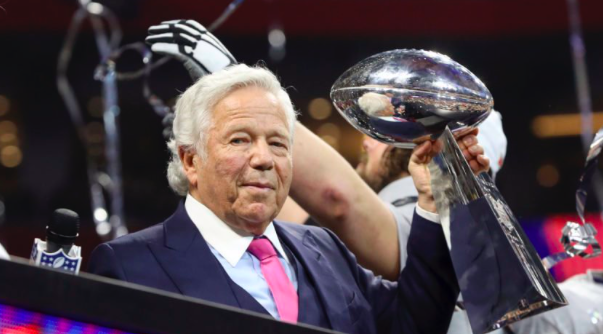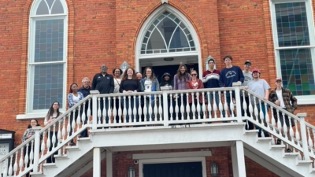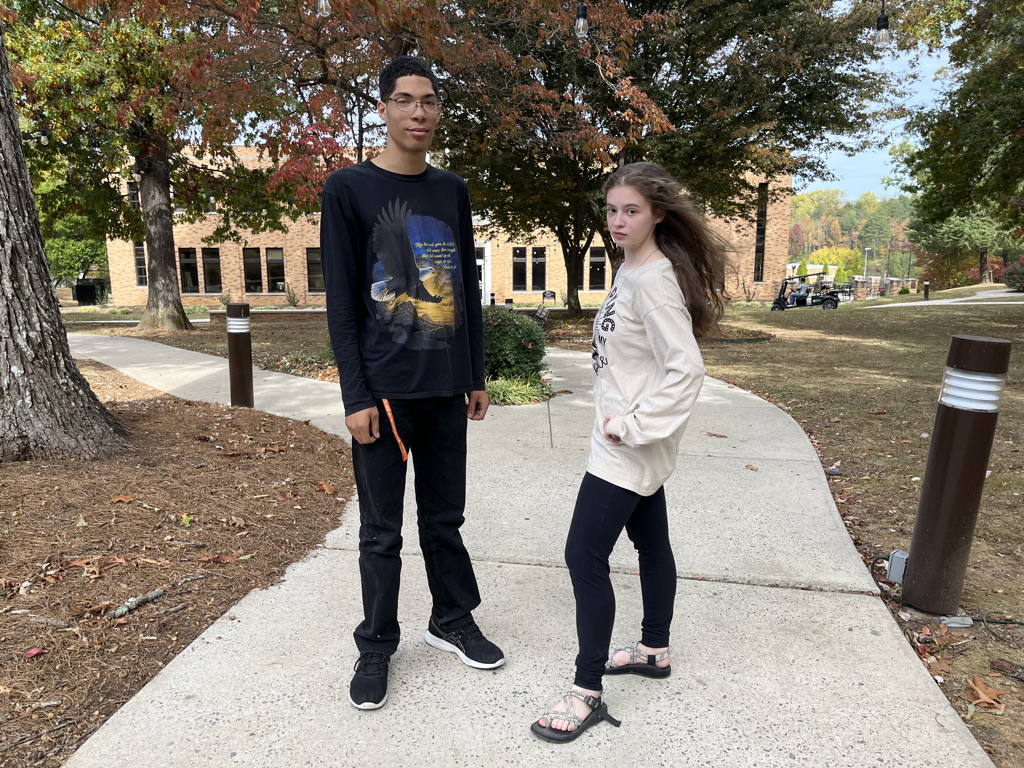Written by: Mathäus Schwarzen, staff writer
New England Patriots owner Robert Kraft issued a statement on March 22 apologizing for any hurt he may have caused by visiting an alleged trafficking location. He has plead not guilty to two counts of soliciting prostitution before his trial on March 28.
“Throughout my life, I have always tried to do the right thing,” he said. “The last thing I would ever want to do is disrespect another human being.”
Authorities charged Kraft on Feb. 18. Kraft’s company— the Kraft Group— denied the allegations the same day. “We categorically deny that Mr. Kraft engaged in any illegal activity. Because it is a judicial matter, we will not be commenting further,” the Kraft Group said in an official statement.
Palm Beach State Attorney Dave Aronberg has released documents claiming authorities have video of Kraft receiving and paying for sexual acts on January 20.
Kraft could face a sentence that includes up to a year in jail, 100 hours of public service and human trafficking education programs according to TCPalm.
Sheriff William Snyder said that the footage from the investigation will most likely be released to the public in spite of Kraft’s requests that it be kept private. Kraft and 14 other defendants filed a motion March 20 to preclude the the release of any surveillance footage.
“Once a case is over, it’s not an ongoing investigation,” Snyder said. “There has to be a specific reason not to release a public record. And the fact that there is sexual activity is not an exemption.”
Kraft’s lawyer, William Burck, has contested the legality of the investigation that implicated Mr. Kraft.
“There was no human trafficking and law enforcement knows it. The video and the traffic stop were illegal and law enforcement just doesn’t want to admit it,” he said.
The NFL could also punish Kraft because he owns the Patriots. Kraft could be held responsible for breaking the Personal Conduct Policy whether or not the court finds him guilty.
“It is not enough simply to avoid being found guilty of a crime,” the league policy states. “We are all held to a higher standard and must conduct ourselves in a way that is responsible, promotes the values of the NFL and is lawful.”
The NFL has punished team owners in the past with fines and attendance bans. Jim Irsay, owner of the Colts, payed a fine of $500,000 and missed six games in 2014 after he pled guilty to driving while intoxicated. Eddie DeBartolo of the 49ers payed $1 million and was suspended for the entire 1999 season for failing to report extortion and government corruption.
The nature of any punishment is up to NFL Commissioner Roger Goodell.
 Mathäus Schwarzen is a die-hard Seattleite and a communication major at Bryan College. He enjoys movies, science and very deep conversations, and is very proud of his German heritage.
Mathäus Schwarzen is a die-hard Seattleite and a communication major at Bryan College. He enjoys movies, science and very deep conversations, and is very proud of his German heritage.




